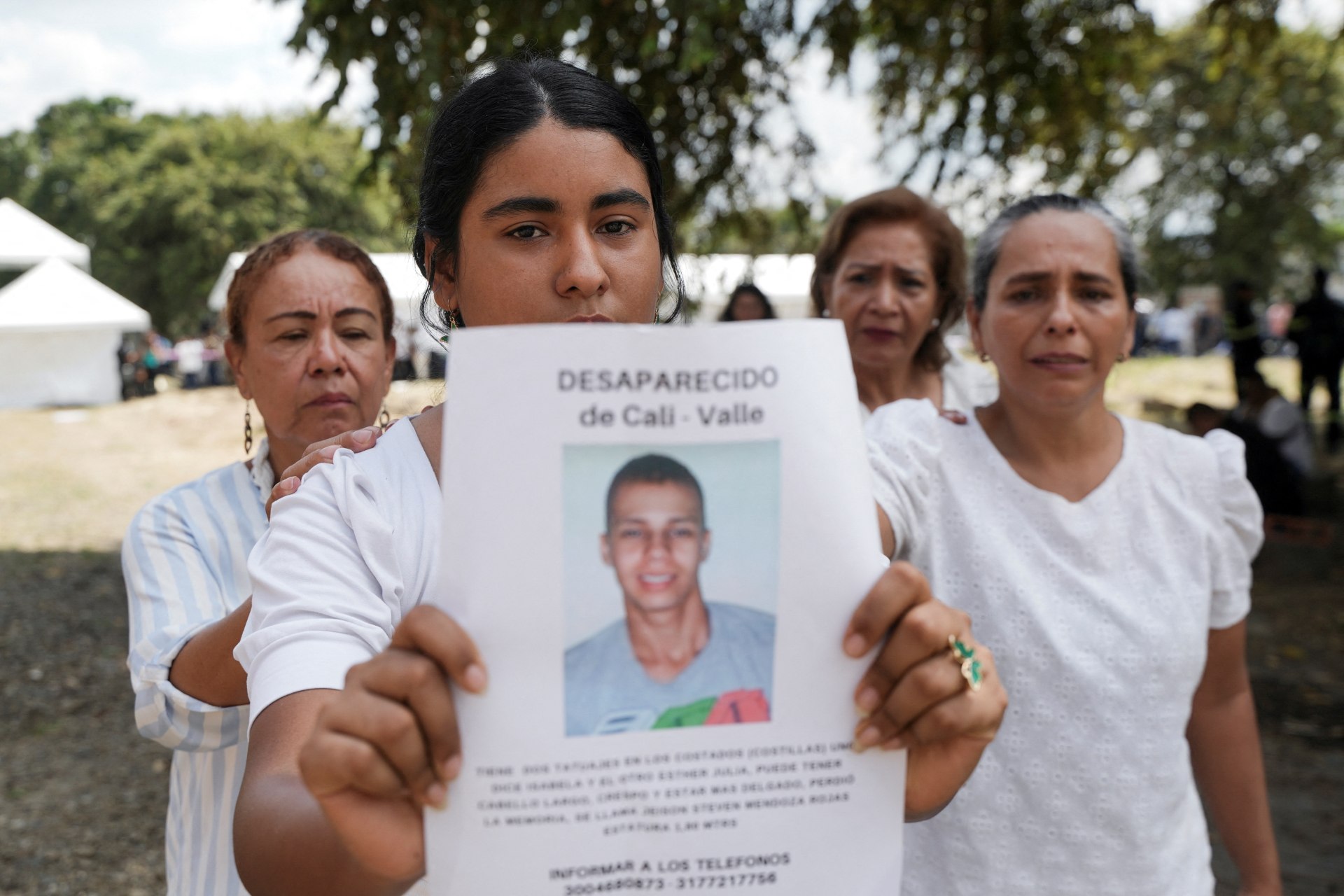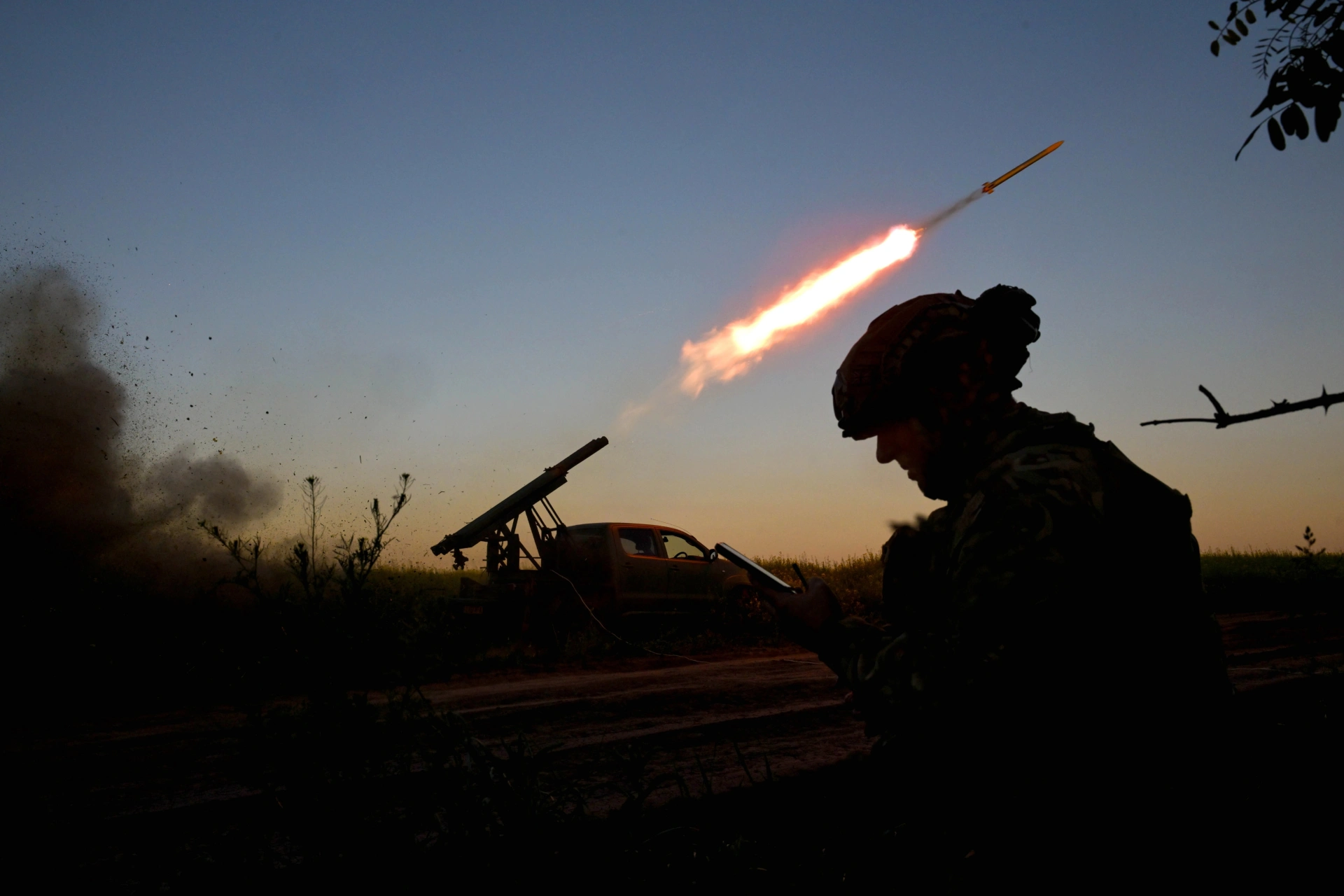Securing a Democratic Future for Myanmar
BY
- Priscilla A. ClappFormer Chief of Mission, U.S. Embassy, Myanmar
To ensure the success of Myanmar’s historic democratic transition, the United States should revise its outdated and counterproductive sanctions policy, writes Priscilla A. Clapp in a new report from the Council on Foreign Relations‘ Center for Preventive Action.
When the Aung San Suu Kyi–led National League for Democracy assumes power in Myanmar next week, the party will inherit the long-standing problems that developed in the country’s half-century of military dictatorship. U.S. support for a successful transition will help strengthen the newly elected government and prevent a return to martial law.
“Continuing to rely on a sanctions regime—designed primarily to inhibit U.S. participation in and assistance to Myanmar’s economy and government—no longer makes sense, particularly when Western allies and others observe no restrictions on their activities in Myanmar,” Clapp contends in the Council Special Report, Securing a Democratic Future for Myanmar. “Washington should therefore restructure the remaining financial sanctions and restrictions to carefully target individuals and entities to promote better behavior, rather than punish bad behavior.”
Clapp, the former chief of mission at the U.S. Embassy in Myanmar and senior advisor to the U.S. Institute of Peace and the Asia Society, argues that reforms over the past five years have transformed Myanmar “from a country of little strategic interest to the United States into one that promises substantial benefit to core U.S. interests in Southeast Asia and beyond.”
However, she cautions that the situation remains fragile. “More than five decades of military rule have left large parts of the country in a near feudal condition, beset by an overly large national army, a multitude of ethnic armed forces, and hundreds of militias,” she warns. “Rule of law is almost nonexistent, and the competition for resources and wealth is a virtual free-for-all.”
Clapp offers several other recommendations for how the United States and other international actors can support the democratic transition in Myanmar, including expanding and coordinating global aid, helping to resolve the stateless status of Rohingya Muslims, developing a stronger relationship with the military, and strengthening Myanmar’s integration into the Association of Southeast Asian Nations (ASEAN).
Professors: To request an exam copy, contact [email protected]. Please include your university and course name.
Bookstores: To order bulk copies, please contact Ingram. Visit https://ipage.ingrambook.com, call 800.234.6737, or email [email protected]. ISBN: 978-0-87609-669-7t





